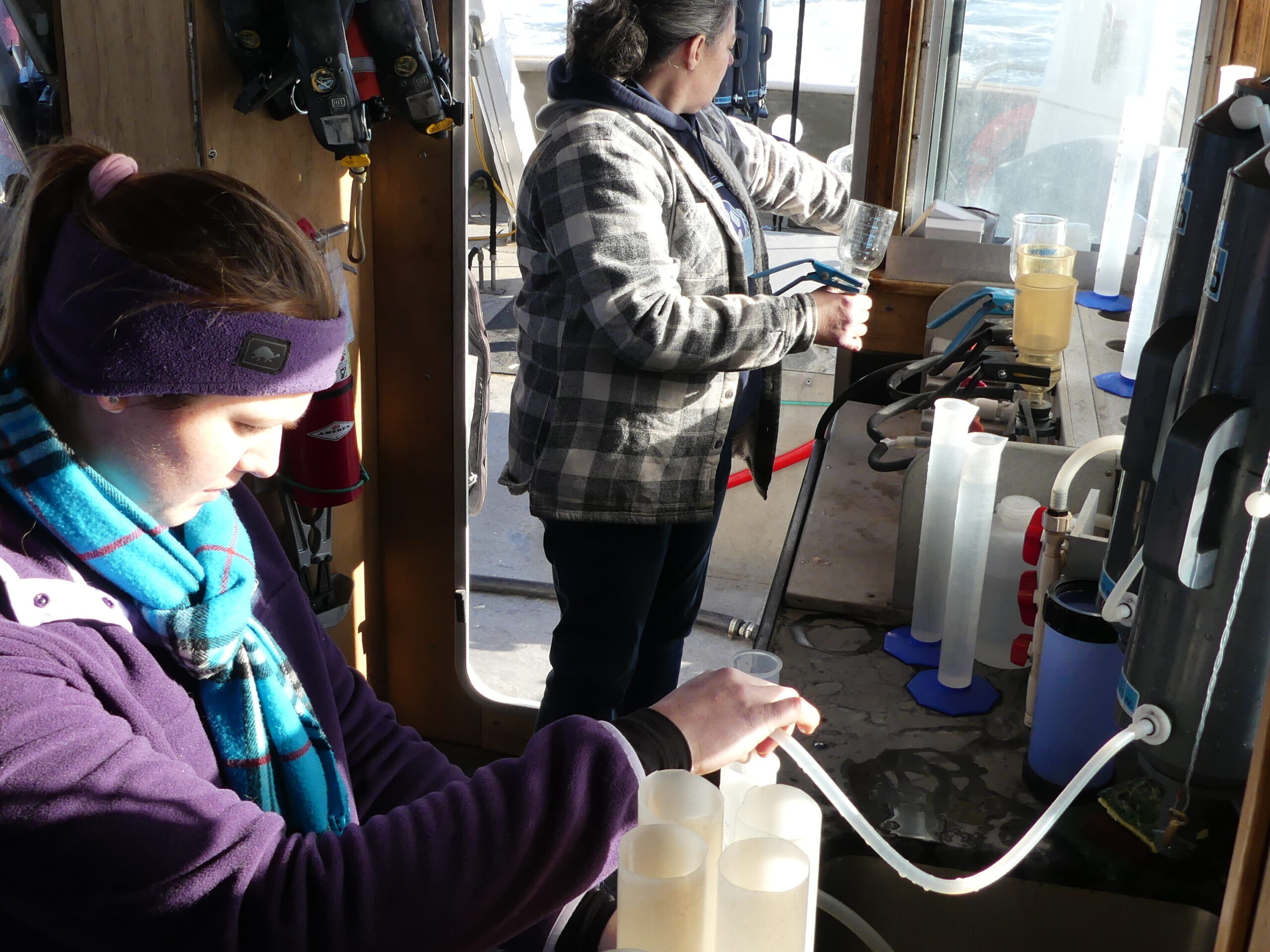Developing Quality Assurance Project Plans

Quality Assurance is vital to reaching the goals of the Long Island Sound Study’s Comprehensive Conservation and Management Plan. Applying EPA’s Environmental Information Quality Policy helps LISS generate data that are “of known and documented quality, scientifically valid, legally defensible, and appropriate for the intended use.” Essentially, quality assurance helps LISS make sure the data used for environmental decision-making are:
- Accurate,
- Clear,
- Consistent,
- Repeatable,
- Accessible, and
- Available.
All LISS-funded projects that include collecting new environmental data and/or using existing data in ways other than in the original intended purpose (except data collection/use solely for education and outreach purposes) are required to have an EPA-approved Quality Assurance Project Plan (QA Project Plan or QAPP) before data collection/usage begins.
QA Project Plan Resource List
The following links are to web resources that can be used to help an organization develop an EPA-approved QA plan for a LISS-funded project.
- Guidance: EPA requirements for Quality Assurance Project Plans (QA/R-5)
- EPA Region 1 (New England Project Area) resources
- EPA Region 2 (New York Project Area) resources
- Long Island Sound Futures Fund project resources
- Guidance on the application of QA/QC principles to ecological restoration project monitoring
“Meet the QA Team” Training Resources
Links to PPT downloads from the 2023 training session:
- Meet the QA Team, session 1
- Meet the QA Team, session 2
- Secondary Data Collection: Hutchinson River Watershed Plan (STS), session 2
- QA training project effectiveness
- QA Project Plan tips
Discrete Water Quality Monitoring Projects and the Water Quality Exchange (WQX)
If your project includes collecting discrete (not continuous) water quality data, then you will need to upload that data to WQX.
Set up an account for your organization
Still Have Questions?
Contact your EPA Project Officer. If you are a current or potential Futures Fund recipient, go to the Long Island Sound Futures Fund section of the NFWF website to learn more.